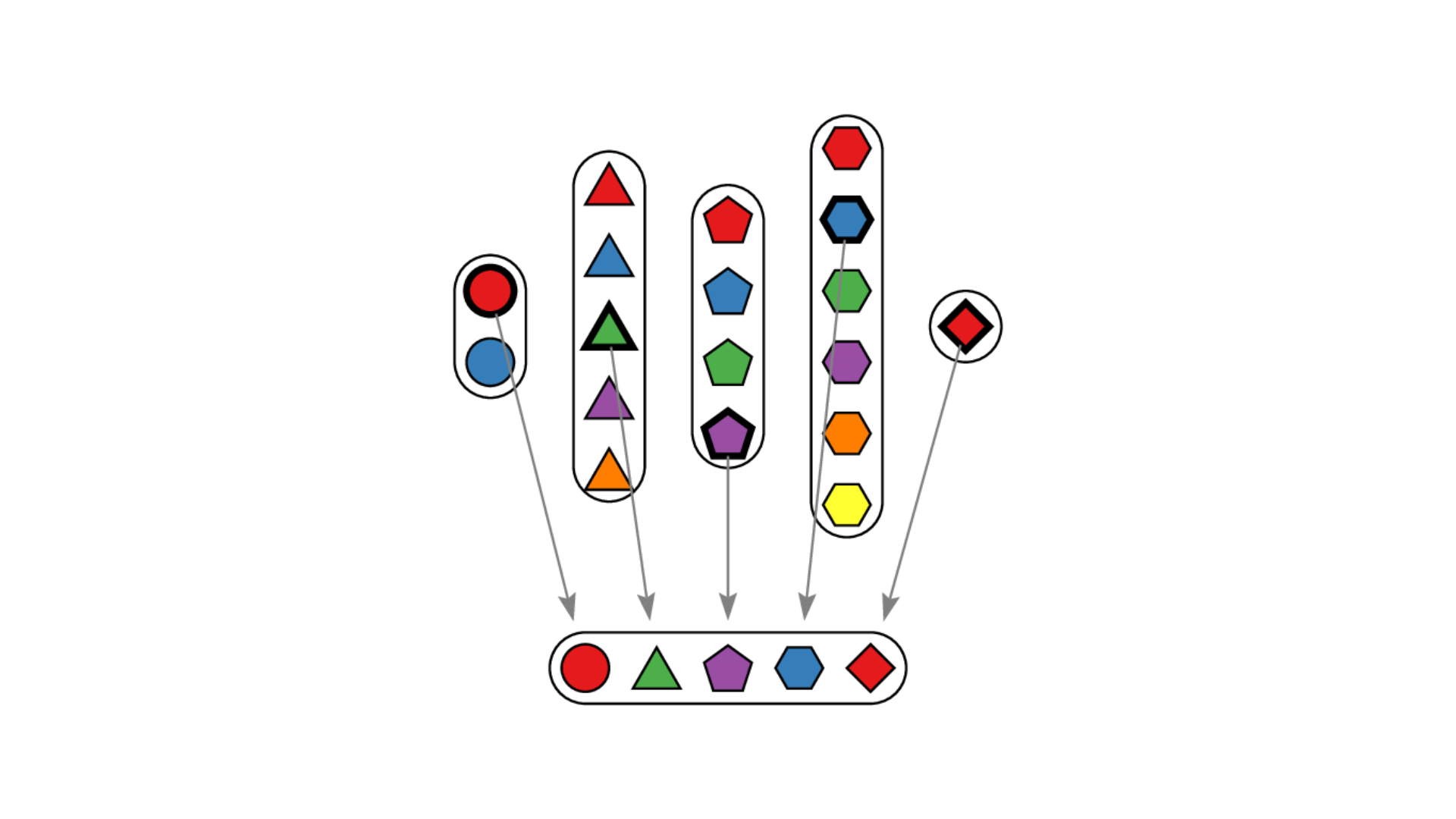Imagine you’re standing in front of an infinite number of sock drawers. Each drawer contains at least one sock, but all the socks are jumbled up, and, just to make things spicy, they’re not labelled or colour-coded. Your mission? Pick one sock from each drawer, forming a neat, infinite collection of single socks. Seems innocent enough, right?
Well, welcome to the Axiom of Choice, the mathematical principle that says: “Yes, you can make that infinite selection… even if there’s no rule telling you how to choose.”
The weird world of infinity
Mathematicians love sets. Like, really love sets. When they talk about a “set of non-empty sets,” they mean a bunch of boxes, and each box has something in it.
Imagine this set of boxes is infinite. Let’s say it’s a set of:
- An infinite number of wardrobes
- Each wardrobe contains at least one outfit
- No two wardrobes have the same organization
- Some are in Tokyo, some in Greenland, one might be on Mars – who knows?
The Axiom of Choice says:
“You’re allowed to say, ‘I pick one outfit from each wardrobe’, even if you never say how you did it.”
It doesn’t provide a recipe. It just says, trust me, it’s possible.
Why it is controversial
The Axiom of Choice feels like the mathematical equivalent of saying, “Because I said so.”
And some people, especially mathematicians in the early 20th century, weren’t happy with that. They asked:
- “How can you choose something without specifying how?”
- “What if there’s no logical rule for the choice?”
- “Is this even constructive?”
To which fans of the Axiom say:
“Look, if we want to prove some of the cool stuff in set theory, we kind of need it.”
It turns out that a lot of big mathematical results, like every vector space having a basis, depend on the Axiom of Choice being true.
The Banach-Tarski Paradox
Using the Axiom of Choice, mathematicians proved something called the Banach-Tarski Paradox. In short, you can take a solid ball, cut it into a few weird, non-measurable pieces, and reassemble them into two identical solid balls.
From one ball, you get two. No stretching. No cheating. Just weird maths and the Axiom of Choice.
It’s not doable in real life, thank physics for that, but mathematically? Totally legal.
Should you believe in it?
Mathematics is like a choose-your-own-adventure book. You can build entire worlds with the Axiom of Choice or without it.
If you accept the Axiom, you get powerful tools, but also some paradoxes.
If you reject it, your maths becomes more “constructive”, but less “magical”.
Most modern mathematicians say “We’ll take the magic, thanks.”
Choice is not always about logic
Sometimes, having the right to choose is enough – even if you don’t know how you’d make that choice.
So the next time you’re struggling to pick dinner from 1,000 delivery apps, just be grateful you’re not trying to pick one item from an infinite set of infinite sets.
But if you were, the Axiom of Choice has your back.
